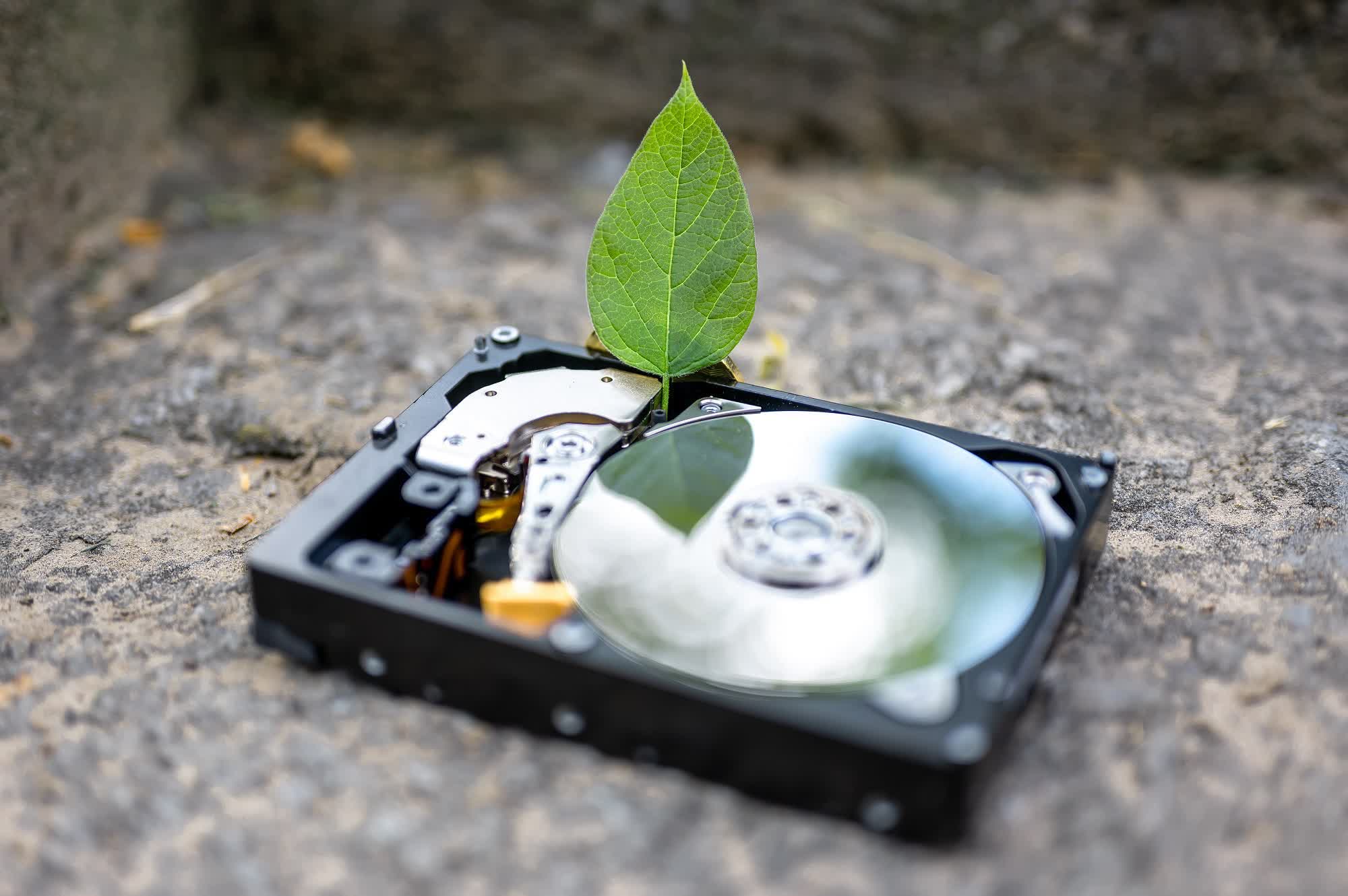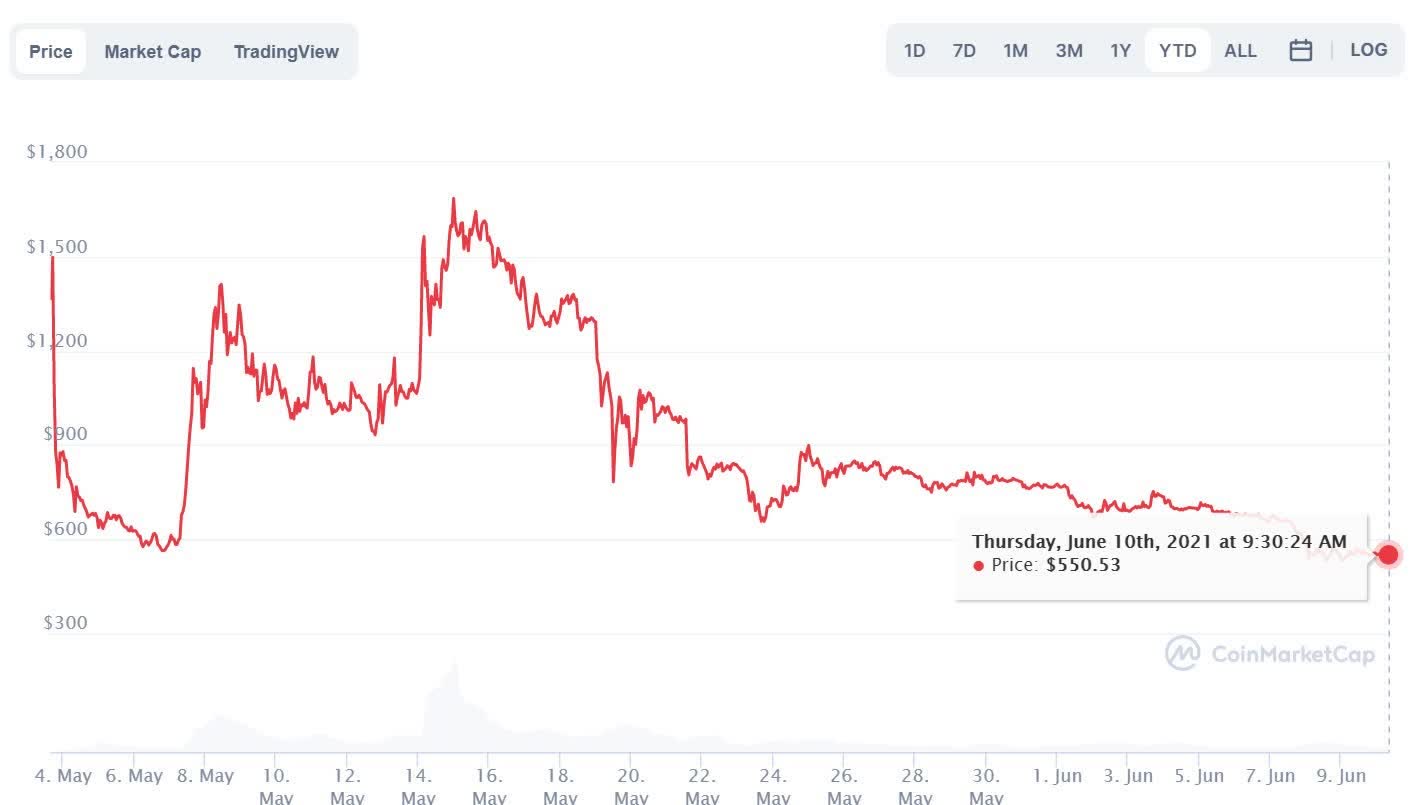TL;DR: Cryptocurrency Chia has caused demand for hard disk drives to skyrocket in Europe. As many feared when it launched, this has resulted in shortages and increasing prices, forcing Seagate and Western Digital to ramp up production of their HDDs.

The Chia blockchain uses a "proof of space and time" model instead of "proof of work" (Bitcoin) or "proof of stake" (Etherium 2.0), meaning people can farm the crypto by allocating their unused disk space. It's already led to a 500% increase in Adata SSD sales and warranty warnings; Chia farming can reportedly ruin a 512GB SSD in 40 days.
According to research firm Context (via The Register), European sales of enterprise-grade nearline storage drives of 10TB capacity were just under 200,000 in April, representing 240% year-on-year growth. It was a similar story for consumer-grade NAS HDD sales, which were up 167% YoY to ~250,000.
Even sales surveillance disk drives, designed for use in surveillance systems, are up 116% despite "no specific event in surveillance to cause that growth," senior enterprise analyst Gurvan Meyer told The Reg.
Chia, like many cryptos, has seen its price tumble recently, but demand for HDDs remains high
Much in the same way that the high demand for graphics cards is boosting manufacturers' bottom lines, Seagate has upped its revenue forecast for the current quarter due to "an increase in the crypto farming demand," CFO Gianluca Romano told investors.
Both Seagate and Western Digital are capitalizing on Chia-induced demand by ramping up production of HDDs following years of reducing production capacity as consumer demand declined. "This new [Chia cryptocurrency] demand is basically helping us to improve […] in the short-term, and bridge from a situation of underutilized capacity to a situation of almost fully utilized capacity," Romano added.
Western Digital's CFO Bob Eulau offered a similar view: "[…] we'll see how the Chia situation plays out incrementally, it's mostly affected volumes in the channel. And we went through a period where we got pretty lean in terms of channel inventory, and we're working to get that situation resolved and basically producing for all of our customers at full capacity right now."
Both firms are cautious about committing to major investments such as building new production lines or factories, given cryptocurrency's volatile nature. However, with the storage space allocated to Chia's network jumping from 1 exabyte (EB) in late April to 20.2 EB today, Seagate and WD may need to do more to avoid shortages and huge price spikes. One bit of good news for consumers is that Chia's price has fallen from a high of $1,685 in mid-May to $550.
Image credit: nordantin
https://www.techspot.com/news/90008-chia-causes-hdds-sales-skyrocket-forcing-seagate-wd.html
